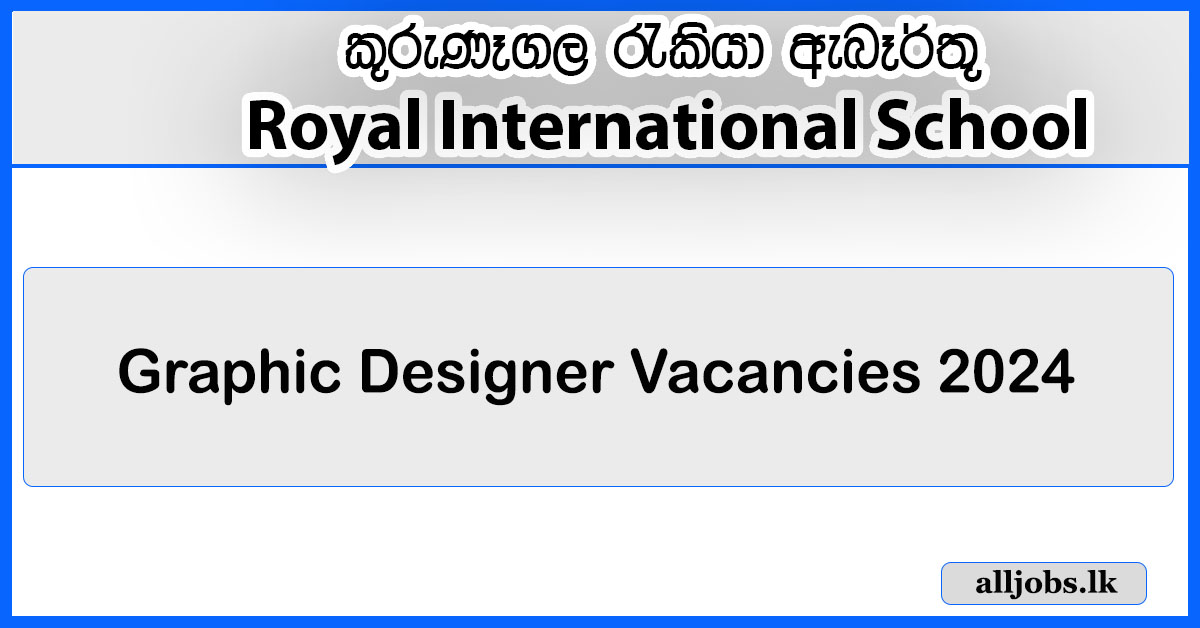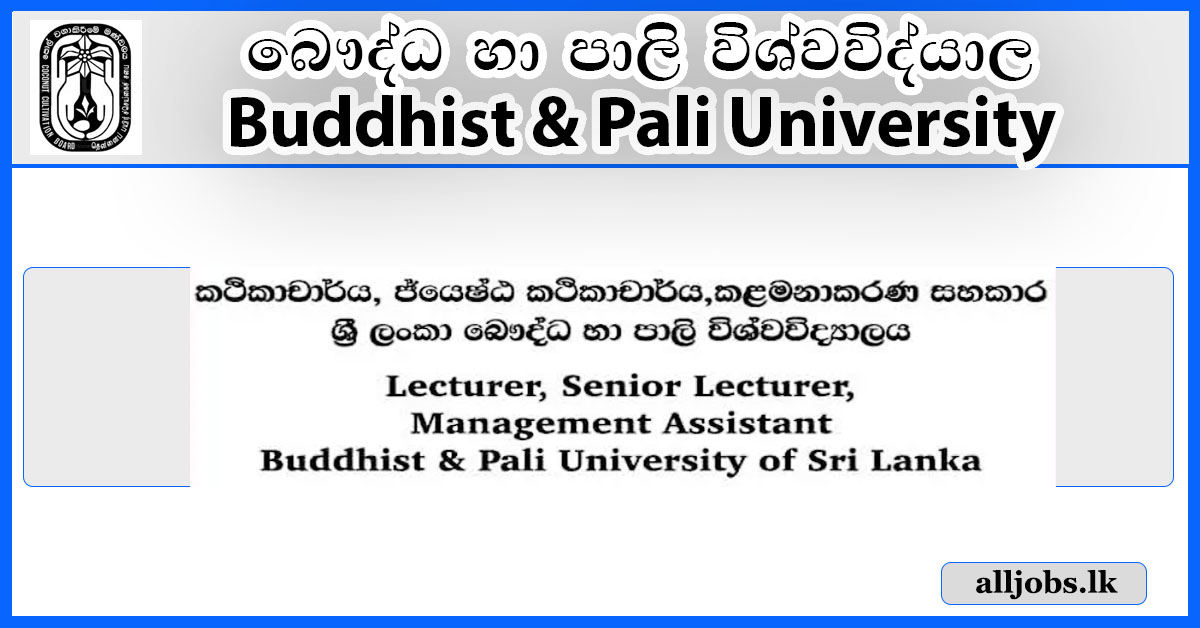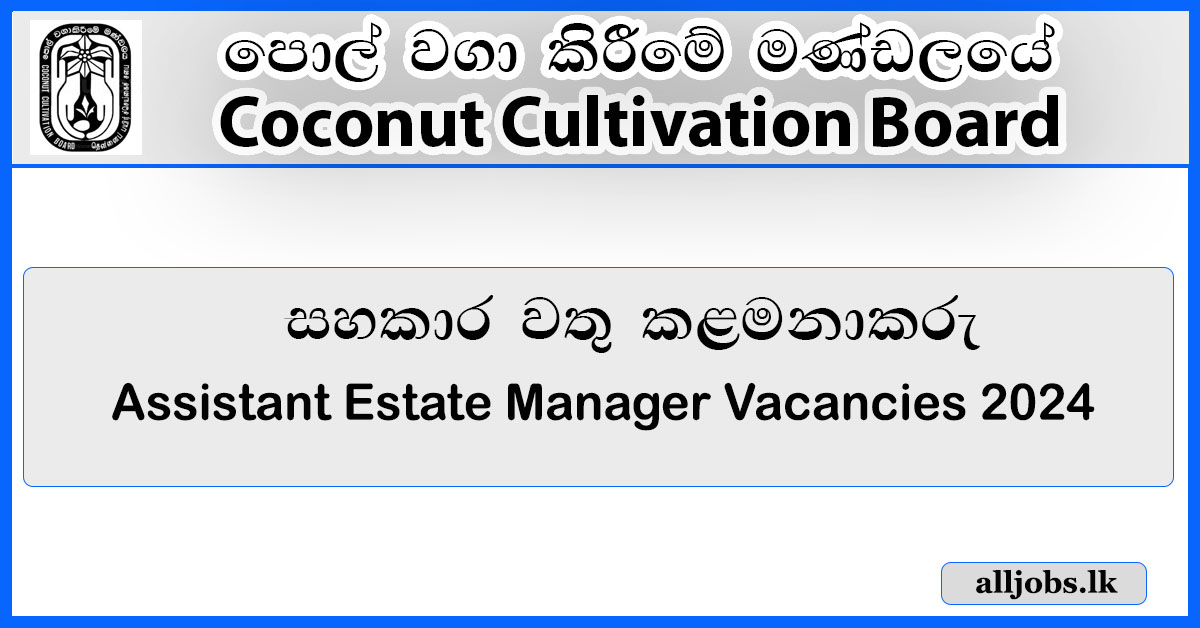As a wedding planner and coordinator, your primary responsibility is to help couples plan and execute their dream wedding.
This may include assisting with venue selection, vendor coordination, budget management, timeline development, and overall event design.
Job role of a wedding planner and coordinator.
Wedding planners and coordinators are professionals who work with engaged couples to plan and execute their wedding day.
Responsibilities include helping the couple choose a venue, create a wedding day timeline, manage budget, and handle any issues or emergencies.
Some specific tasks that wedding planners and coordinators may handle include:
- Meeting with the couple to discuss their vision for the wedding day
- Researching and recommending vendors, such as photographers, florists, and caterers
- Negotiating contracts with vendors and managing payments
- Creating a wedding day timeline and managing the schedule on the day of the event
- Coordinating the setup and breakdown of the wedding venue
- Handling any issues or emergencies that may arise on the wedding day, such as vendor cancellations or inclement weather.
Overall, wedding planners and coordinators play a critical role in ensuring that a couple’s wedding day runs smoothly and meets their expectations.
They help to alleviate the stress of wedding planning and allow couples to enjoy their special day without worrying about the logistics.
What qualifications and skills are required to become a successful wedding planner and coordinator?
To become a successful wedding planner and coordinator, there are several qualifications and skills that are important to possess.
Qualifications:
- Education and training: Education or training in event planning or hospitality can be beneficial, such as a certification program or degree.
- Experience: Successful wedding planners and coordinators gain experience through internships and entry-level jobs.
Skills:
- Organization and time management: Organizational and time management skills are essential for successful wedding planning.
- Communication: Wedding planners and coordinators must be communicators to effectively communicate and manage expectations.
- Attention to detail: Wedding planners and coordinators must have a keen eye for detail to ensure a flawless event.
- Creativity: A successful wedding planner and coordinator should be creative and offer unique ideas to create a memorable event..
- Flexibility and problem-solving: Weddings can be unpredictable, so planners and coordinators must be prepared to adapt and solve problems quickly and efficiently.
Overall, a combination of education, experience, and essential skills is crucial for becoming a successful wedding planner and coordinator.
What are the different job opportunities available for wedding planner and coordinator in the industry?
There are a variety of job opportunities available for wedding planners and coordinators within the wedding and event planning industry. Some of the most common roles include:
Wedding Planner or Coordinator:
Working with couples to plan and execute their wedding day, managing vendors, creating timeline, coordinating logistics, and troubleshooting any issues.
Venue Coordinator:
Wedding venues may have on-site coordinators to coordinate logistics such as seating arrangements, food and beverage service, and vendor coordination.
Event Designer:
Event designers create the overall look and feel of a wedding or event, selecting and coordinating decor, lighting, and other elements.
Catering Coordinator:
Wedding planners and coordinators specialize in catering, selecting caterers, menu selection, and coordinating food service.
Freelance Coordinator:
Freelance coordinators are self-employed and work on a project basis. They may work with multiple clients at once, and their responsibilities can vary widely depending on the needs of each client.
Destination wedding Planner:
Destination wedding planners must have a deep understanding of local customs and regulations to ensure a successful event.
Job opportunities exist for wedding planners and coordinators to create memorable and successful events for clients.
What are the typical job responsibilities and daily tasks of a wedding planner and coordinator?
The job responsibilities of a wedding planner and coordinator can vary depending on the specific role, but some common tasks and duties include:
- Meeting with clients to discuss their vision for the wedding and determining their budget.
- Helping clients choose and book vendors such as caterers, florists, photographers, and musicians.
- Creating a detailed wedding timeline and coordinating with all vendors to ensure everything runs smoothly.
- Helping clients choose the wedding venue, and handling all logistics related to the venue.
- Managing the wedding day timeline and ensuring that everything runs on schedule.
- Coordinating the set up and breakdown of the wedding decor and equipment.
- Troubleshooting any issues that may arise during the planning process or on the wedding day.
- Managing the wedding budget and tracking expenses.
- Communicating with clients regularly throughout the planning process to keep them updated on progress.
- Providing recommendations and guidance on etiquette, protocol, and wedding traditions.
Planning and executing a successful wedding requires strong organizational skills, attention to detail, communication and interpersonal skills, and a passion for creating memorable events.




